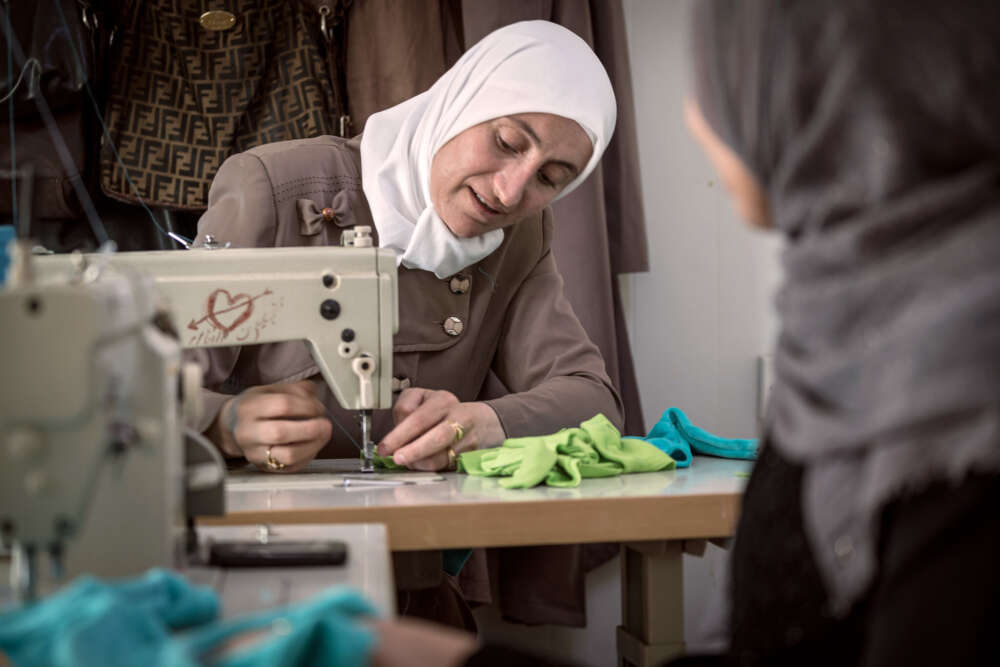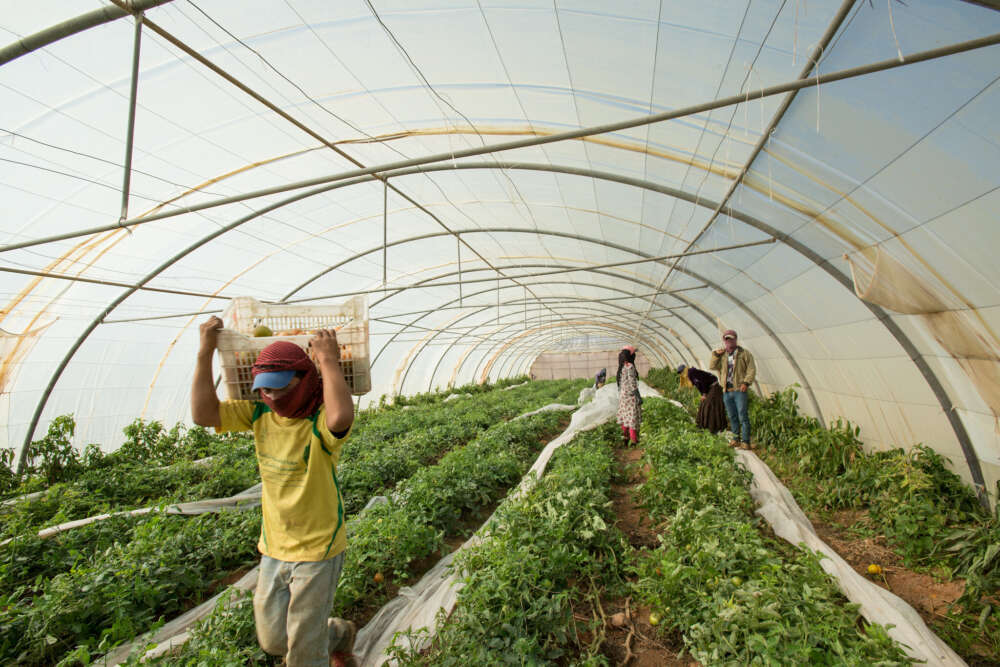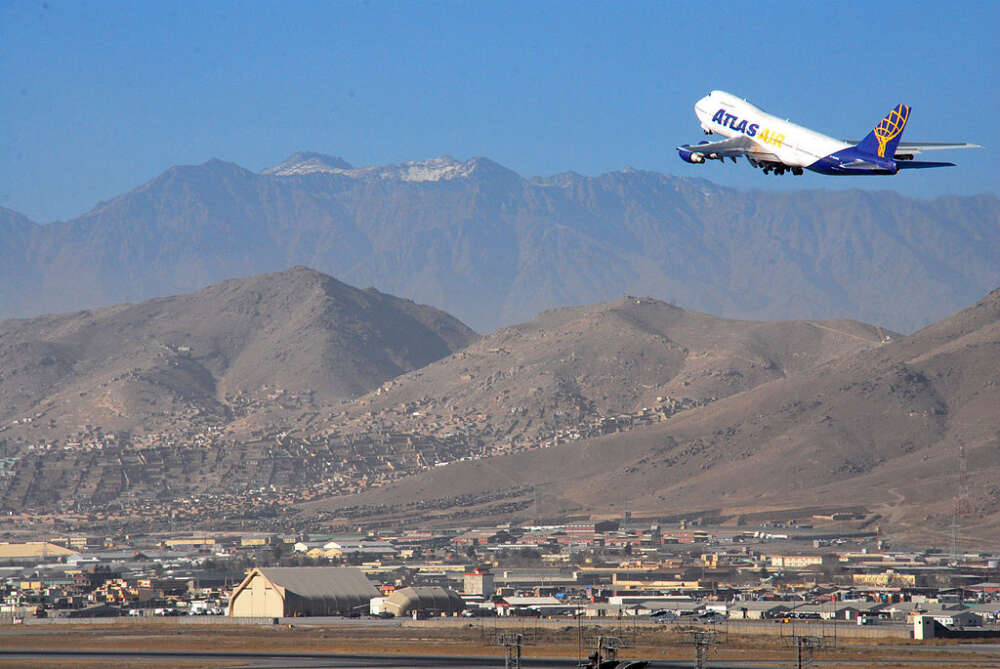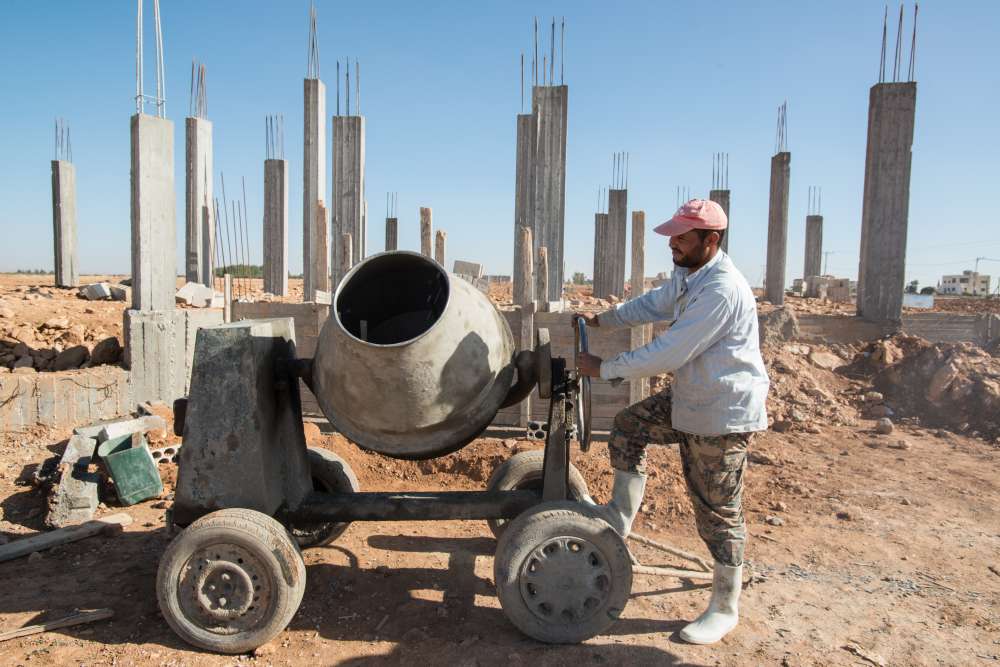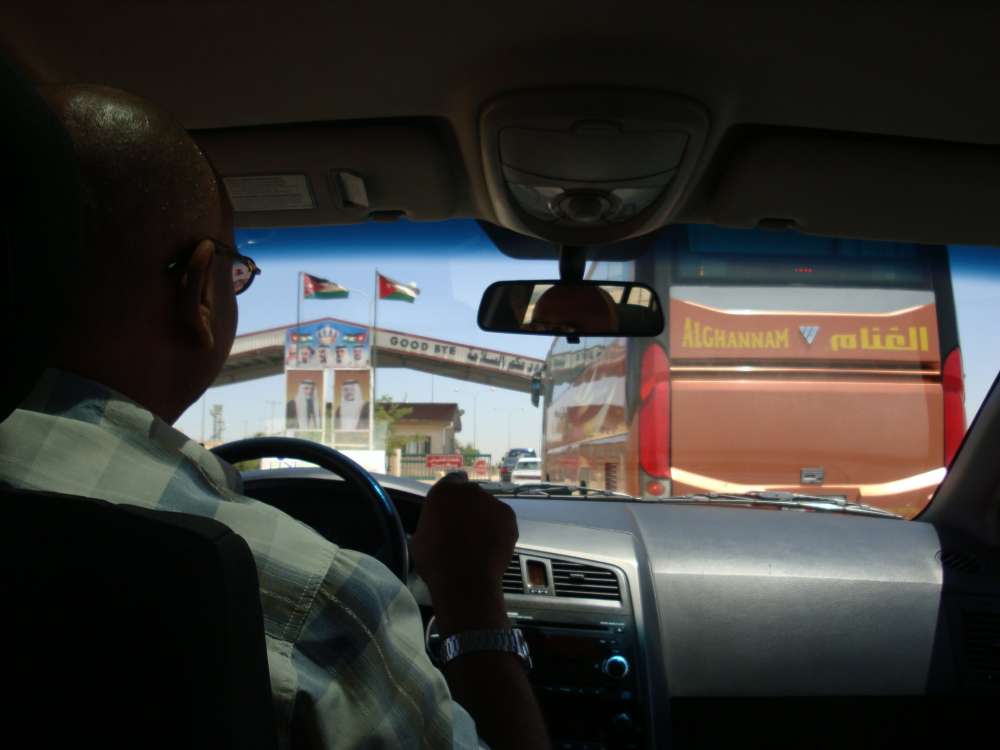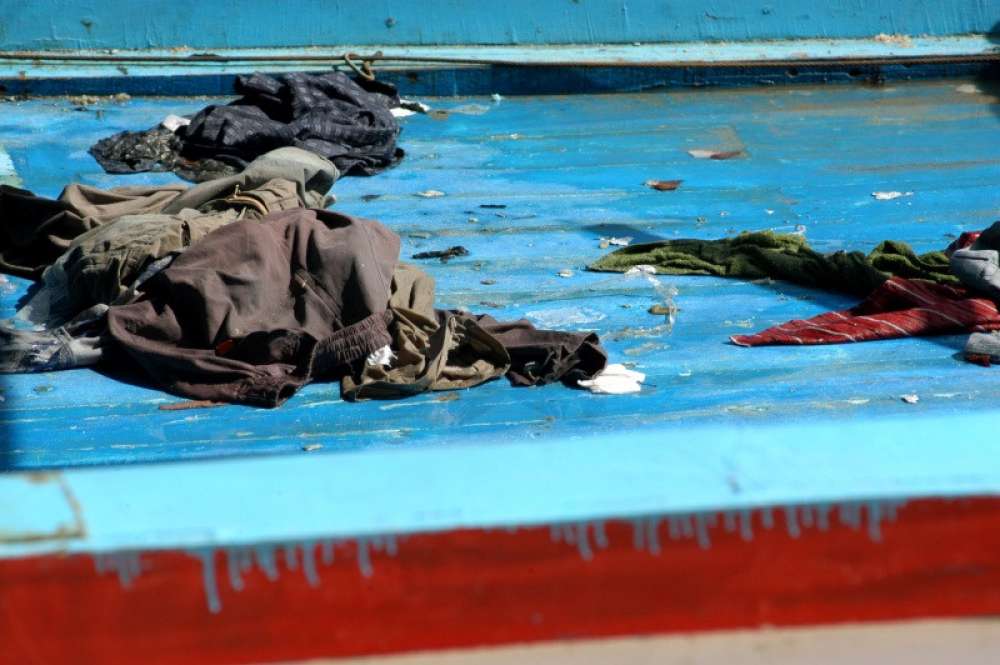Migration and Asylum in Tunisia
Domestic Interests, External influences and Policy Outcomes

Tunisia is a priority country for the European Union’s foreign policy of migration. As a country of origin, transit, and destination, Tunisia has maintained an ambivalent migration policy since the democratization process of 2011. The country took important steps in its legislative and human rights framework soon after the Jasmine Revolution and has since engaged on issues of refugee protection and migration, also through its endorsement of the Global Compact on Refugees and the Global Compact for Migrants. However, it still lacks a clear migration policy and a proper asylum system, and fails to meet the needs of asylum seekers and refugees through reception and integration. This report explores emerging policy preferences regarding asylum seekers and refugees through the lens of political responsibility. It traces the role of domestic and international policy actors in shaping three key sets of policy preferences: border management, reception arrangements, and integration of asylum seekers and refugees.
The report shows how domestic preferences overlap with or supersede competing external interests. We argue that the financial and technical assistance that the EU offers Tunisia for border management corresponds to the country’s domestic priorities. In contrast, the development of protection, reception, and integration of refugees and migrants is less of a priority amidst ongoing economic, social, and political instability. Here, support from international actors (the European Commission, EU member states, and international organizations) has produced unintended negative outcomes.
Key Findings:
- Border management is prioritized to reduce irregular arrivals to the country and maintain control over the border with Libya;
- Parliament has yet to endorse the national law on asylum, which creates a legal and institutional gap;
- The Tunisia diaspora and the reintegration of returning Tunisians (voluntary or forced) from EU member states is prioritized;
- Political instability and the ongoing deterioration of the Tunisian economy are counterproductive to asylum and migration reforms;
- The financial and political support of EU member states align with institutional priorities on border management, reintegration programs, and the labor mobility of Tunisians;
- The financial and political support of EU member states on asylum has produced political resistance to reforms.
Download the full report. The paper is also available on the ASILE website.
